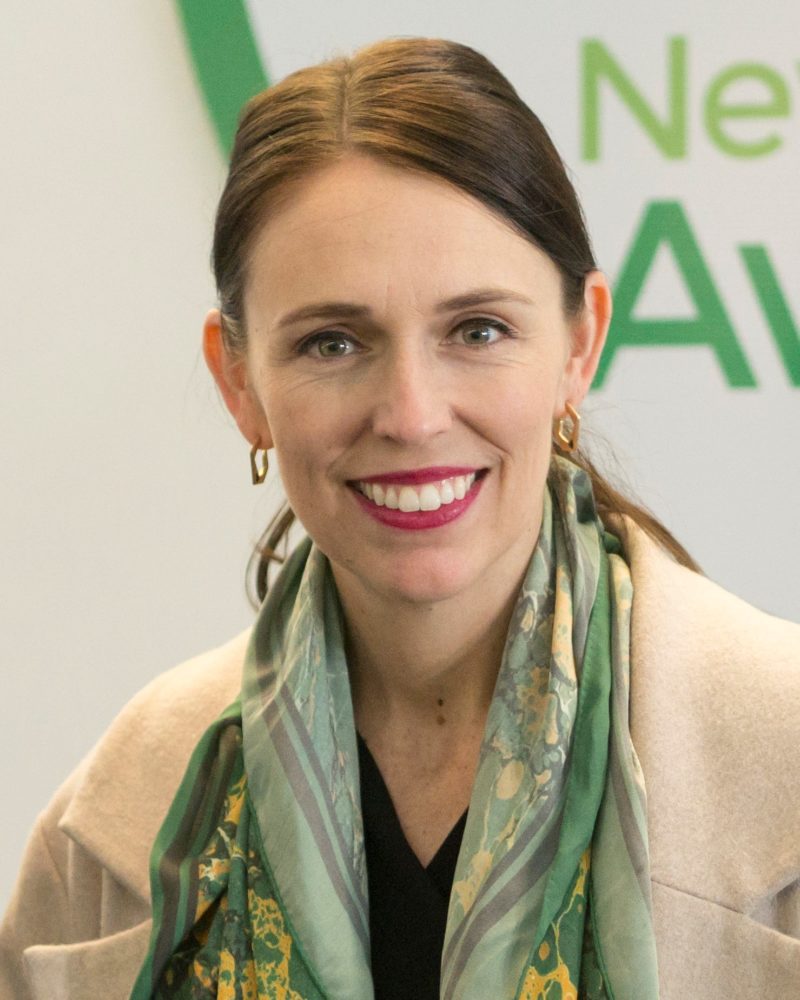
New Zealand Prime Minister Jacinda Ardern announced she will step down and not seek re-election for a third term.
Ardern, who has served as prime minister for the past five and a half years, told a news conference she is only human and has “no more in the tank.”
“I had hoped to find a way to prepare for not just another year, but another term — because that is what this year requires. I have not been able to do that,” Ardern said at the conference.
Ardern, leader of New Zealand’s Labour Party, was first elected in 2017 at the age of 37 — making her the world’s youngest head of government. Then, after giving birth to her daughter the following year, she became the world’s second elected head of government to give birth while in office.
Ardern received worldwide respect following her response to the 2019 Christchurch mosque shootings that killed 51 people and injured 40. She met with the Muslim community the next day, wearing a hijab, and said the whole country was “united in grief.” She swiftly passed bills banning military-style semi-automatic weapons and tightening gun laws.
Then, one year after the Christchurch shootings, the COVID-19 pandemic hit. Ardern — who didn’t wait to put the country into lockdown — is credited for New Zealand being one of the few Western countries to successfully contain the virus at borders for months.
Her ability to swiftly respond to crises and her empathetic leadership style propelled Ardern to global celebrity in a way that New Zealand hadn’t seen before, as the country became an example for other nations to follow. In her two terms, Ardern has been named one of the most powerful women in the world and experts have predicted her to be among contenders for the Nobel Peace Prize.
And while Ardern rose to fame as a global political icon, she still faced some backlash at home for the strict mask and vaccine mandates, marked by violent protests on Parliament’s grounds. She was led to forgo the zero-tolerance strategy and ease restrictions in 2021 as more variants emerged and eliminating the virus became nearly impossible.
“Politicians are human,” Ardern said when announcing her resignation. “We give all that we can, for as long as we can, and then it’s time. And for me, it’s time.”
Many of Ardern’s supporters blame sexist attitudes on the scrutiny she received. Actor Sam Neill wrote on Twitter that he does not blame her for stepping down.
“Her treatment, the pile on, in the last few months has been disgraceful and embarrassing,” he wrote. “All the bullies, the misogynists, the aggrieved. She deserved so much better. A great leader.”
Ardern’s term will conclude no later than Feb. 7. The New Zealand Labour Party will vote for a new leader on Sunday, who will serve as prime minister until the next general election on Oct. 14.



